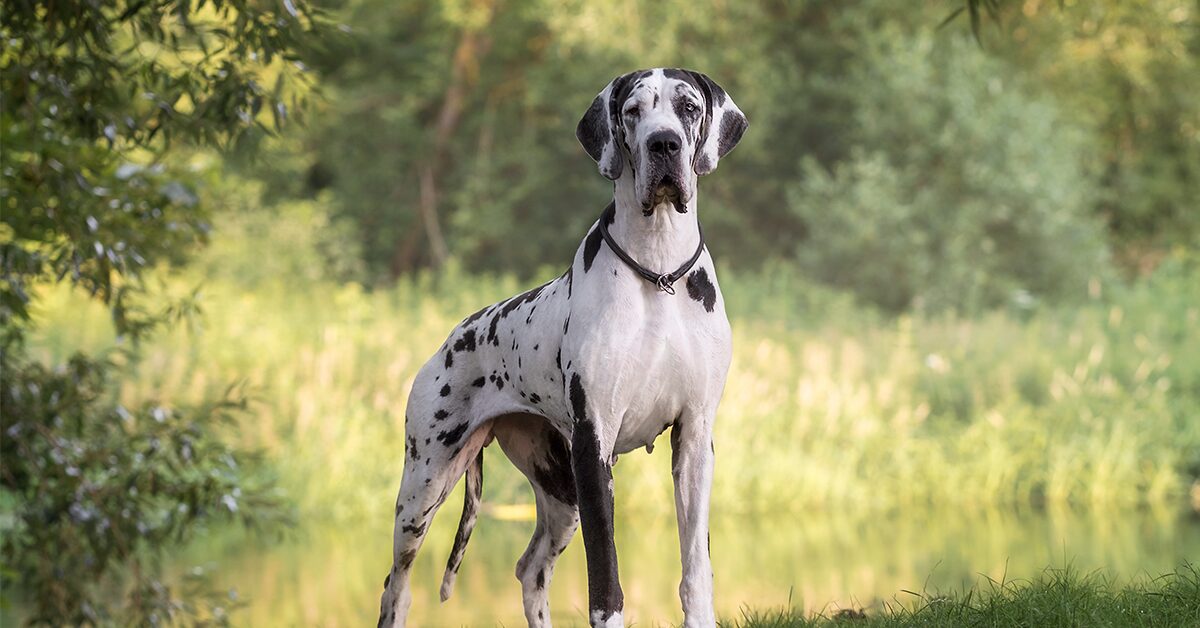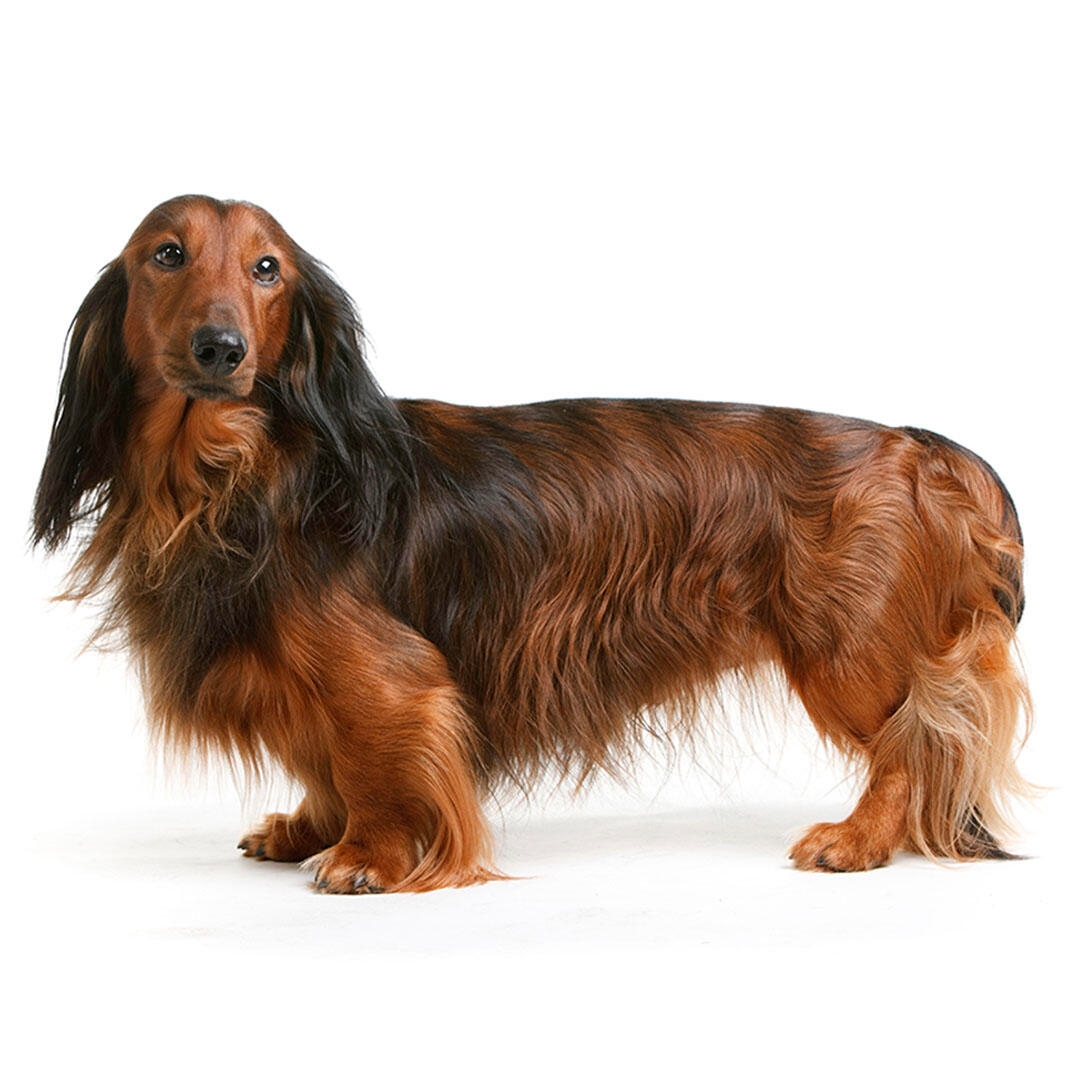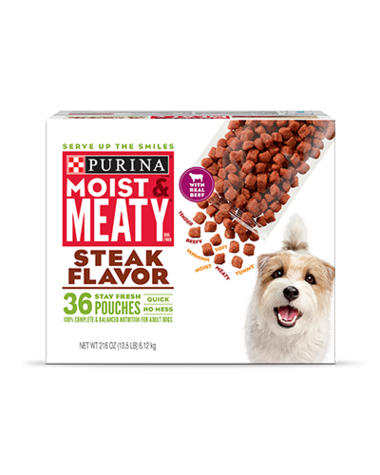
It is a big decision to choose the right dog for you. There are many kinds of dogs. The choice of the right dog will depend on many things. Breeds come in a variety of sizes, personalities, and grooming requirements. Before making a final decision, it is important to consult with a licensed veterinarian. These are some breeds you should consider if your first dog owner is not yet licensed.
Golden Retrievers
When you first get a Golden Retriever, it is important to be patient with them. They will protect their family and owners with a deep instinct. They are very gentle with children. If toys are not removed, they will take them. However, this doesn't mean that they should be left unattended for long periods of time.
An adult or senior golden retriever is a great choice for your first dog. These dogs are no longer prone to the puppy-like behavior they used to have, but they still require daily walks. These dogs need to be exercised less than their younger counterparts. Senior goldens are an ideal choice if your dog is easy to care for.
Goldens are not required to be trained extensively, but they do quickly learn the basics of obedience training. After being properly trained, Goldens will be able to name things and place their toys. Emotionally maturing can take time. Most dogs reach maturity between two and three years. These dogs might just want to have fun, despite being intelligent.
Cavaliers
Cavaliers are one of the best dogs for first-time owners due to their gentle and affectionate nature. They are easy-to-train, require minimal exercise, are friendly, and they are relatively easy to socialize with. They are also very sweet and require very little grooming. Find out why Cavaliers are the best dog for your first time owner.

Cavaliers may be known as lap dogs. However, as they age, they may develop heart problems. They are friendly and get along well with children. As a result, they are good choices for families with children. They are also the most affordable breed, making them ideal first-time owners.
Cavaliers, aside from their adorableness, can be intelligent and energetic. Cavaliers can grow to quite large sizes but shed less than other breeds. The Cavalier König Charles Spaniel is an excellent choice for those who are just starting to own pets. This small dog is ideal for apartments with smaller spaces as it can weigh as little as 18 pounds.
Bichon Frise
Bichon frises have small, active dogs. They get along well and get along great with other pets. They are easy-to-train and can easily adapt to any kind of lifestyle. They only require moderate daily exercise and a good grooming routine. Bichons have short, curly coats that will require occasional brushing.

Bichon frises are considered hypoallergenic. Because of their high shed rate, you will need to make regular appointments for grooming and stay in touch with your groomer. The shed hair should be removed daily, or it can get caught in the undercoat and cause painful mats.
Bichon puppies can be affectionate and friendly so make sure you prepare your home well. Before you bring your new pet home, be sure to spay/neuter it.
FAQ
What should I do?
It all depends on who you really are. Some people prefer puppies while others like kittens.
In general, however, puppies are more active and playful. Kittens are gentle and tend to sleep a lot.
Both breeds require a lot of care from their owners. They will get older quickly and need to be taken care of.
They will also require regular medical checkups. Also, they will require regular medical checkups so you'll have to spend time taking them to see the vet.
How much should I spend to get a pet?
A good rule of thumb is to budget around $200-$300 per month.
This can vary depending on where one lives. You would spend $350 per Month in New York City.
But, in rural areas, you may only need to spend about $100 per month.
It's important to remember that you should buy quality items such as a collar, leash, toys, etc.
You should also think about investing in a crate for your pet. It will protect your pet during transport.
What do I do if my dog bites another person?
If you are attacked by an animal, firstly try to make sure that it is not rabid. If that is impossible, call for help. Do not attempt to handle the situation yourself, as you could become seriously injured.
If the animal does bite but is not aggressive, you should take it to the veterinary clinic. Your vet will examine the animal and decide if any additional treatment is required.
Most cases will require rabies shots. These should never be administered by you. Only a qualified person should be able to do this.
How do I know if my dog has fleas?
Your pet may be suffering from fleas if he/she is constantly scratching his fur, licking himself excessively, or looks dull and untidy.
If you see any signs of redness on your pet's skin, this could also indicate an infestation by fleas.
Your pet should be seen by a vet immediately for treatment.
Statistics
- For example, if your policy has a 90% reimbursement rate and you've already met your deductible, your insurer would pay you 90% of the amount you paid the vet, as long as you're still below the coverage limits of your policy. (usnews.com)
- It's among a relatively few companies that provide policies with a full (100%) coverage option, meaning you are not responsible for any co-payment of bills. (money.com)
- Reimbursement rates vary by insurer, but common rates range from 60% to 100% of your veterinary bill. (usnews.com)
- It is estimated that the average cost per year of owning a cat or dog is about $1,000. (sspca.org)
- A 5% affiliation discount may apply to individuals who belong to select military, law enforcement, and service animal training organizations that have a relationship with Nationwide. (usnews.com)
External Links
How To
The best way for a dog to learn where it should go to urinate is by teaching him.
It's essential to show your pet how they should use the toilet. It's also important to know how to train them if they start going outside without you. These are some things to remember when teaching your dog how to properly use the toilet.
-
Get started training as soon as possible. Start training now if you don't want to have any accidents in playtime.
-
You can reward your pet with food. If you reward your pet after every successful trip, it will bring you better luck.
-
Avoid giving treats to your pet's pee spot. You might cause your pooch to associate urine smell with his favorite treat.
-
Before you let your dog out, ensure that there isn’t another animal nearby. Dogs who see others relieving themselves may think it's normal behavior.
-
Be patient. It may take your puppy a while to get the hang of things than an adult.
-
Before you allow your dog to use the bathroom, be sure she has a good sniff of everything. It's easier for her to learn if she has a chance first to smell the toilet.
-
While you are taking care of business, don't allow your dog to stand near the toilet. That could lead to confusion.
-
You can wipe the toilet and the surrounding area clean after you have finished. These areas will serve as reminders of what you need to do next.
-
You must immediately clean up any mess. Clean up after your dog has an accident. He might try to get rid of himself again if he is not careful.